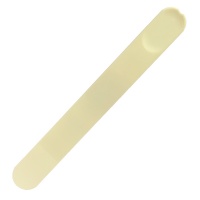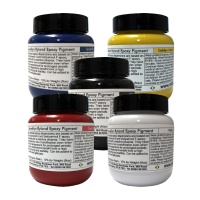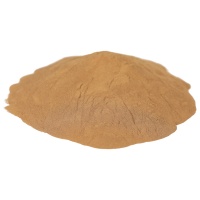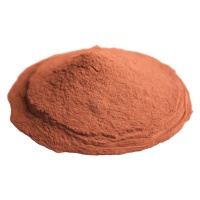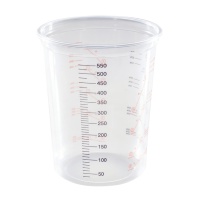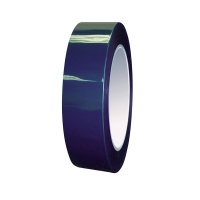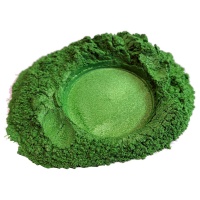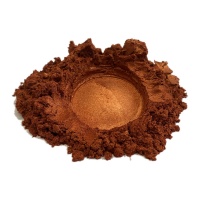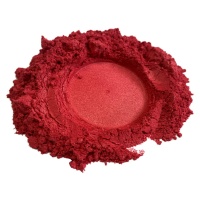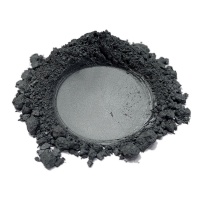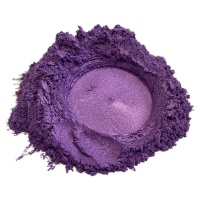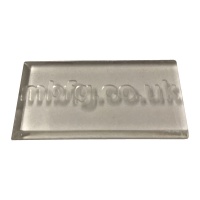Polycraft ECR 80 is a colourless bio based epoxy resin designed for a variety of uses such as Decorative Objects, Jewellery, River Tables, Wood/Resin hybrid castings for wood turning, Prototyping etc. Polycraft ECR 80 is hard wearing with excellent impact and thermal shock resistance, Good UV resistance and an easy to use mix ratio. Polycraft ECR 80 generates low heat during cure which allows for deep castings while curing at room temperatures. Polycraft ECR 80 takes advantage of the latest in bio chemistry owing 37% of its molecular structure to organic plant based origins.
- Clear and UV Resistant
- Cast from 5mm to 80mm thickness
- Easy to apply
- Low tendency to yellow on exposure to UV
- Excellent mechanical properties
- Excellent chemical and water resistance
- Excellent adhesion
Important information regarding usage for bar tops, counter tops and flooring.
While this resin has been manufactured to resist scratching and resistance to marking from heat sources we must stress this resin will still mark if sharp items are moved across the surface or hot items are placed on the surface. It is essential that place mats are used for any hot items that are being placed on the surface. Over time it is inevitable that scratches will appear on the surface and while small marks may be removed using polishing compounds, deep scratches will be difficult to repair. We are aware that many of our customers use this resin for creating kitchen worktops however we advise caution when using for this purpose due to the range of hot and sharp items that will be placed on the surface.
If using this resin as a floor covering be aware that the floor will scratch over time, any small stones or chippings on the soles of shoes can cause considerable damage, due to the highly polished cured finish this floor surface will also become extremely slippery when wet.
As with all casting products, we stress that customers should purchase a small amount to perform initial tests to ensure suitability for their project and requirements.
| Product Data | Units | Mix |
| Mix Ratio by Weight | Weight | 100 : 42 |
| Mix Ratio by Volume | Volume | 100 : 50 |
| Hardness | Shore D | 80 |
| Viscosity (25°C) | mPa.s | 360 |
| Density (25°C) | g/cm3 | 1.13 |
| Pot life (200g, 25°C) | Hours | 21.5 |
| Cure Time (200g, 25°C) | Hours | 48 - 72 |
| Full Cure (25°C) | Days | 7 |
| Recommended Casting Thickness | mm | 5 - 80 |
Pigmentation
Epoxy pigments are the recommended system to colour this resin however the polyester range of pigments will also work.
Polycraft Mica Pigment Powders
Epoxy Pigments
Polyester Pigments - Standard Range
Polyester Pigments - Metallic Range
Polyester Pigment - Transparent Range
Please read the Technical and Safety Data sheets prior to use.
We recommend small scale testing to ensure compatibility before using at full scale.
Warning: The potlife and other properties provided on this datasheet are based on common bench test parameters. Mixing larger masses of product than stated on the datasheet will likely lead to a reduced potlife. Variables such as environment, room, material temperatures and direct sunlight will affect the potlife and cure time. Where mould or casting is insulating, casting thickness will likely need to be reduced as insulative properties may also lead to overheating of the resin system. For large pours its vital your working environment is between 15°c and 20°c with consideration to providing additional cooling as large masses of resin can easily overheat and fracture, this can be particularly apparent when casting into insulative materials such are wood. We advise testing and stress that customers perform initial tests to ensure suitability for their project and requirements prior to up-scaling to full project.
Cold Weather Notice
Cooler temperatures in the UK and Ireland around mid-autumn to mid spring are not ideal conditions for water clear epoxy systems, this can increase the chances of crystallisation in the resin (this can occur at room temperature depending on circumstances, it is however much less common). Appearance can differ depending on the degree of crystallisation, from small lumps sitting on the surface to a hazy/milky white appearance, extreme cases the contents may completely solidify. Crystallisation occurs due to a phase change from liquid or solid similar to that of water turning to ice, fortunately it is easily reversed by warming the epoxy component to 60°c. Ensure any crystals are completely removed as remaining crystals can act as a seed causing the crystals to form again quite quickly. Lab results show the heating cycle to remove crystals can be repeated on multiple occasions before beginning to suffer from any losses in resin properties. We recommend keeping the resin system at a good room temperature at all times where possible, ensure to clean the lids and bottle necks of containers with isopropyl alcohol / acetone allowing the solvent to evaporate before replacing the lid.
Hot Weather Notice
Large masses of resin can easily overheat and fracture in hot weather, this can be particularly apparent when casting into insulative materials such are wood. We therefore advise testing and we stress that customers perform initial tests to ensure suitability for their project and requirements prior to up-scaling to full project. Low casting depths and / or additional equipment to cool the resin may be required, In general for large mass casting temperatures would be around 15°c to 20°c with considerations of cooling fans or similar to help regulate the heat of the pour to avoid overheating of the resin system.

